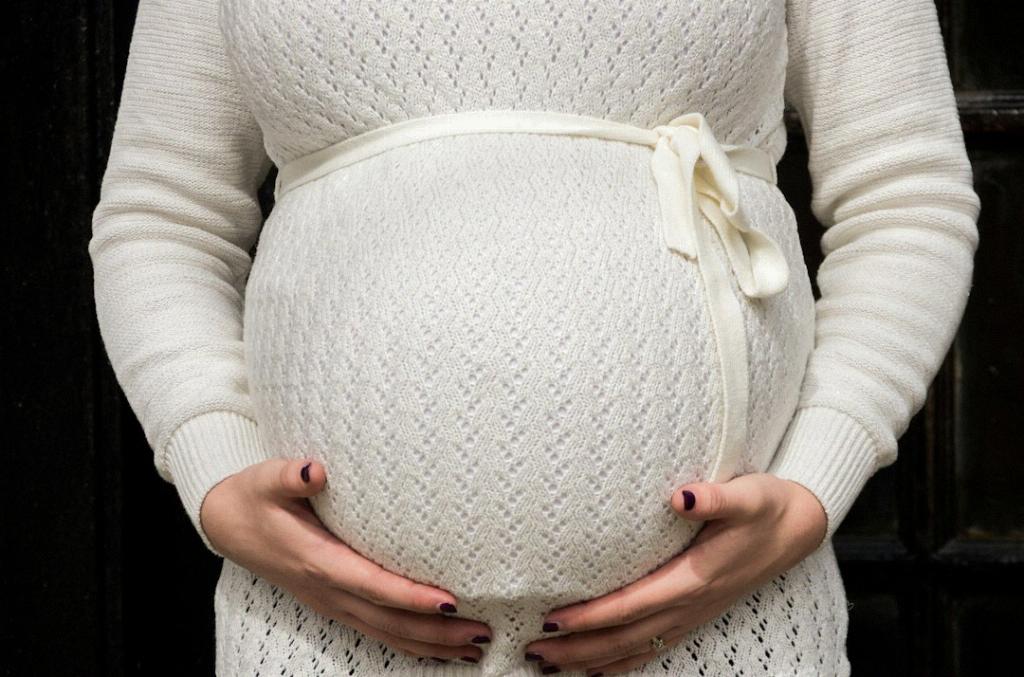As you progress through the stages of pregnancy, it becomes increasingly important to be mindful of what you consume, including your tea choices. While enjoying a warm cup of tea can be soothing and comforting, some varieties should be avoided during the third trimester to ensure the well-being of both you and your baby.
One key factor to consider is the caffeine content in certain types of tea. Black, green, white, matcha, chai, and oolong teas are all derived from the leaves of the Camellia sinensis plant, which naturally contain caffeine. Caffeine is a stimulant that can have effects on the body, including potential impacts on fetal development. Therefore, it is recommended to limit your intake of caffeinated teas, especially in the later stages of pregnancy.
During the third trimester, it is advised to avoid teas with a high caffeine content, as excessive caffeine consumption has been associated with negative outcomes during pregnancy. High levels of caffeine can cross the placenta and reach the fetus, potentially affecting its heart rate and movements. To minimize any risks, it’s best to steer clear of teas that are rich in caffeine as your due date approaches.
Additionally, herbal teas containing certain herbs or ingredients should also be approached with caution during the third trimester. While herbal teas are often marketed as natural remedies, not all herbal ingredients are safe for pregnant women. Some herbs may stimulate the uterus, leading to contractions or other adverse effects that can be harmful during the final trimester of pregnancy.
Teas that are commonly recommended to avoid in the third trimester include those containing ingredients such as chamomile, peppermint, licorice root, and raspberry leaf. These herbs have been associated with uterine stimulation and potential complications, making them unsuitable choices for expecting mothers in the later stages of pregnancy.
When selecting teas to enjoy during the third trimester, it is advisable to opt for caffeine-free and herbal teas that are known to be safe for pregnant women. Choices such as ginger tea, rooibos tea, and fruit infusions can offer flavorful alternatives without the risks associated with caffeine or certain herbs.
Consulting with a healthcare provider or a professional herbalist can also provide guidance on which teas are safe to consume during the third trimester. Every pregnancy is unique, and individual circumstances may require personalized recommendations to ensure the health and well-being of both the mother and the baby.
By being mindful of your tea choices and prioritizing safety during the third trimester, you can continue to enjoy the ritual of sipping a warm beverage while nurturing your body and supporting a healthy pregnancy. Remember to listen to your body’s signals and seek professional advice if you have any concerns about which teas are best suited for you during this crucial stage of pregnancy.

